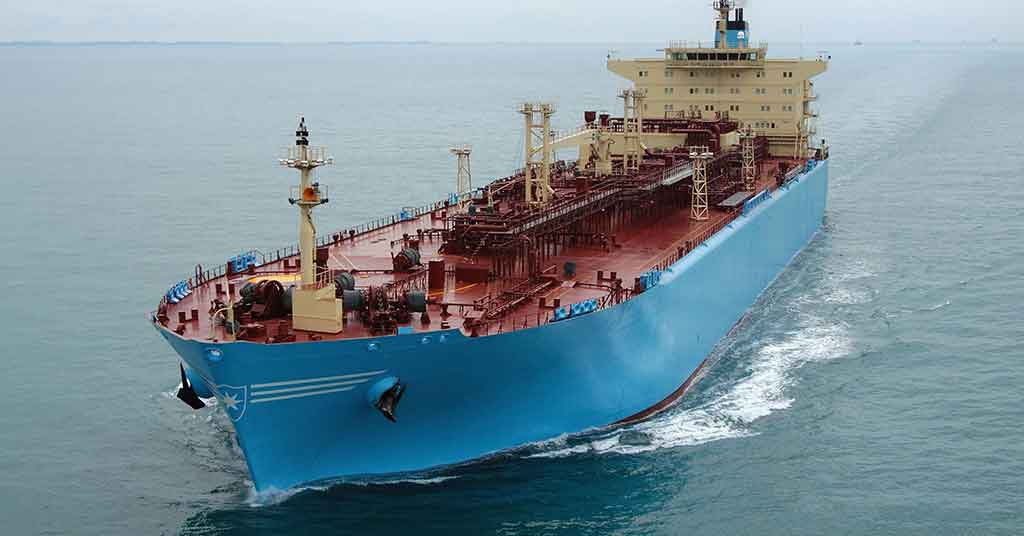Welcome To ChemAnalyst

As the early months of 2024 unfold, Russia finds itself at the intersection of multiple challenges and intriguing developments in the realm of oil shipping. Despite facing security concerns in the Red Sea, disruptions from winter weather, and heightened scrutiny due to a Western-imposed price cap, the nation's oil shipping expenses to Asia from its primary Baltic ports have witnessed a noteworthy moderation.
Two reliable trading sources unveiled significant reductions in the expenses linked to shipping 100,000-ton Urals cargoes from Primorsk and Ust-Luga to Indian ports. These costs dropped to $8 million from the approximately $10 million recorded in late November. Notably, the figure had reached as low as $5 million in September, marking a considerable fluctuation within a relatively short timeframe.
The prevailing tightness in the tanker market, coupled with security concerns emanating from Red Sea attacks disrupting the crucial Europe-Asia shipping route through the Suez Channel, has exerted upward pressure on global crude oil freight rates. Despite these challenges, the impact of storms in the Black Sea and cold snaps in the Baltic—conditions that typically elevate freight costs—has been relatively limited for Russian crude. Notably, traders have observed that Russia has not yet imposed ice class restrictions for oil tankers in its Baltic ports, showcasing strategic adaptability to weather-related challenges.
Another significant factor influencing this intricate scenario is the heightened control exercised by the United States over the price cap. This cap imposes restrictions on Western companies, prohibiting them from providing maritime services, including financing, insurance, and shipping, for Russian oil transactions exceeding a predetermined price. However, the increased scrutiny has not translated into a surge in transportation costs, as indicated by traders. In November, Urals FOB (free on board) prices fell below the $60 cap, aligning with a retreat in Brent prices. This market movement prompted some smaller shipping companies to re-enter the Russian oil market, marking a noteworthy shift in dynamics.
While major Western shipping companies have not yet re-engaged with the Russian oil market, a sufficient number of participants have played a role in curbing a pronounced increase in transportation costs, according to a Urals trader. This delicate equilibrium in market dynamics underscores the resilience of the Russian oil shipping sector in navigating through an array of challenges, including security concerns, weather-related disruptions, and evolving regulatory constraints imposed by Western entities.
As the industry continues to adapt to these multifaceted challenges, the interplay of factors such as security dynamics, weather patterns, and regulatory frameworks will shape the trajectory of oil shipping costs. Moreover, these developments contribute to the broader dynamics of Russia's oil trade in the global market, emphasizing the strategic considerations and adaptability required for sustainable and efficient oil logistics operations.
We use cookies to deliver the best possible experience on our website. To learn more, visit our Privacy Policy. By continuing to use this site or by closing this box, you consent to our use of cookies. More info.
